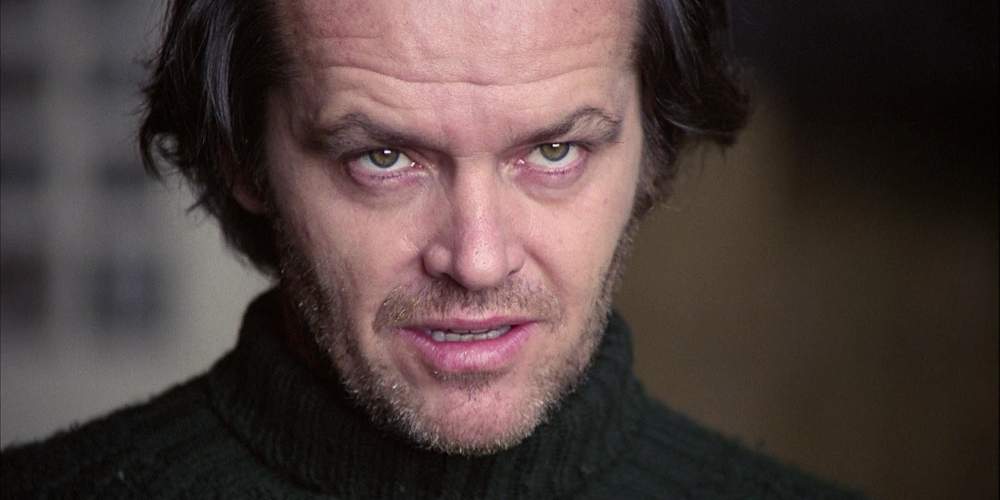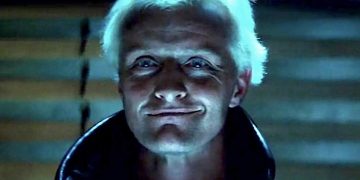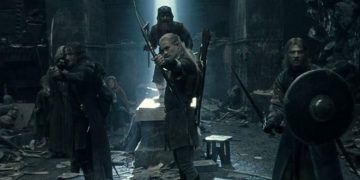In adapting a book for cinema, the success really comes down to whether the creative team really understands the crux of the book's narrative. They need to capture the heart of the story while leaving out parts that just won't fit into a movie's runtime.
The whole book-to-movie adaptation process has become the bane of many authors, who wanted to see their works brought to theaters with 100% authenticity but ended up with filmmakers transforming their original writings into something almost unrecognizable.
However, every so often, out comes a film adaptation that deviates from the original book in such a huge way that it actually ends up being better for it—much to the chagrin of the original author.
Here are some of the best film adaptations that deviated from their source material and gave us an even better story.
5. Blade Runner (1982)
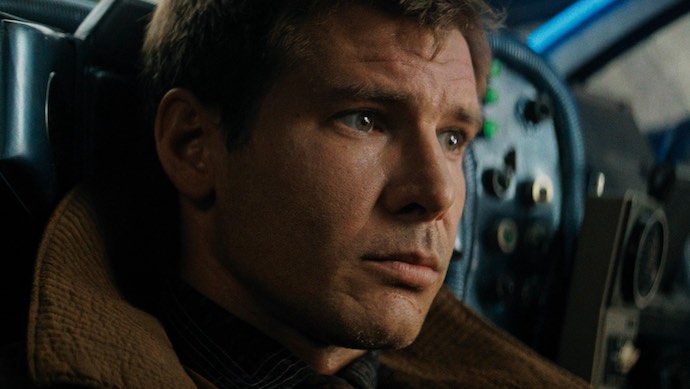
Famous sci-fi author Philip K. Dick wrote Do Androids Dream of Electric Sheep?, a novel about a cop who tracks down a group of replicants. Dick wrote some great stories, but this one didn't set the world alight.
Then Blade Runner came along and proved that it only takes one person—the right person—to read a book for that book to have a lasting impact on the world. In this case, that one right person was Ridley Scott, who read the book and decided to adapt it for the big screen.
Ridley Scott and his team ditched huge aspects of the book and radically shifted the focus of the story from Deckard's social standing to a much deeper question: "What it is to have life?"
With the characters of Roy Batty and his cohorts desperately attempting to reach Dr. Tyrell and extend their artificially limited four-year lifespans, Blade Runner becomes a deeper meditation on the preciousness of life and the thresholds of slavery.
Blade Runner has become one of cinema's greatest treasures, inspiring millions to read the book it was based on.
4. How to Lose Friends and Alienate People (2008)
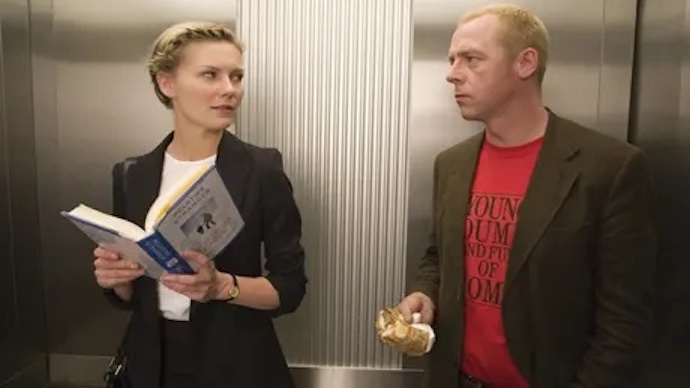
Toby Young's memoir about working for Vanity Fair and famed editor of the magazine, Graydon Carter, was the tale of a fish out of water.
The stories that unfold across the pages of the book are extraordinary as Young made his way through the backdrop of the entertainment industry, using his sardonic humor to mock those who felt they were above most other people.
The film adaptation of How to Lose Friends and Alienate People stuck to most of the same plot points, with Simon Pegg's Sydney Young trying to impress his curmudgeonly editor while hacking down the self-interested celebrities around him. But there was a significant tonal shift.
In the end, the film is a more overtly funny and enjoyable story while the book is a mocking insight into the behind-the-scenes happenings of the self-perpetuating celebrity industry.
3. The Lord of the Rings (2001–2003)
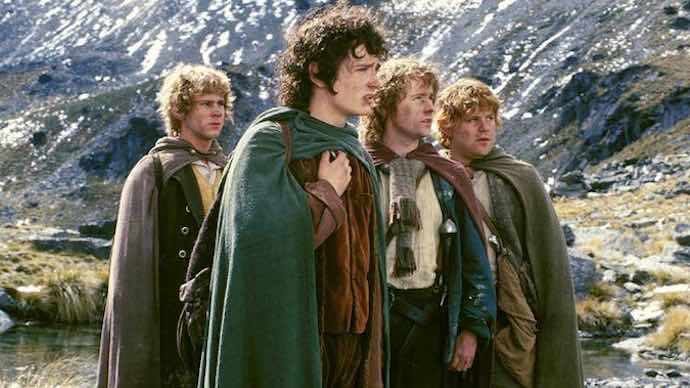
While the Lord of the Rings movies stuck to the overall narrative of the original books pretty well, those books were so densely packed with scenes and worldbuilding that most of it couldn't fit in a feature film.
Director Peter Jackson had an unenviable task in capturing the spirit and energy of the books, translating the best of the books to a cinematic stage, while cutting out every last bit that didn't meaningfully add to the cinematic experience.
He succeeded, of course, and brought the magic of the books to audiences around the world, achieving the kind of critical success that single-handedly launched a new era of fantasy filmmaking that was more willing to risk bigger budgets on larger stories.
But despite the success of the films, the original Lord of the Rings novels remain far more complex with more plot threads and characters to side with than the narrowed focus of the cinematic trilogy.
The Lord of the Rings trilogy is a rare case of movies doing justice to their source material while making sweeping changes in the process. Few book fans have any qualms with Peter Jackson's films, as they understand that his omissions were made in good faith.
2. Moby Dick (1956)
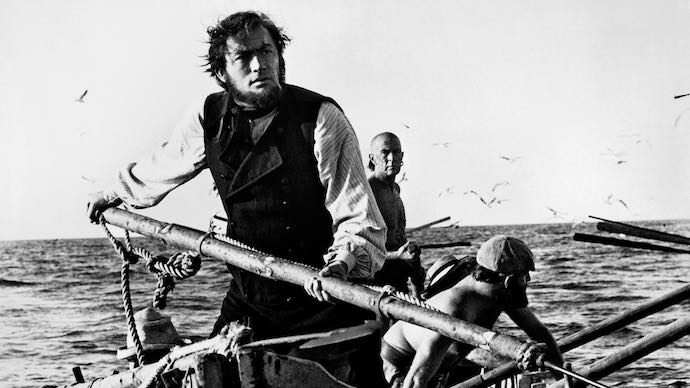
The literary masterpiece of Moby Dick is borderline unadaptable. In its own poetic way, Moby Dick is itself a kind of white whale for filmmakers who believe the book can be faithfully brought to cinema.
Many have tried to adapt the iconic story of Ishmael, Captain Ahab, and the cursed white whale, and none have really succeeded in capturing the intensity of Herman Melville's work with the in-depth detail of madness he wrought through his narrative.
But one memorable film adaptation of Moby Dick came in 1956, when John Huston and Gregory Peck gave it a go.
Director John Huston distilled the ever-maddening journey of Captain Ahab and his crew, while Gregory Peck played the compelling man driven to insanity by his hatred for the whale. The end result is a solid watch that remains the best Moby Dick adaptation to date.
As good as it was, it still wasn't good enough to capture in two hours what Melville wrote in over 500 pages. There's too much complex profundity within those pages to ever fit in a feature film.
1. The Shining (1980)
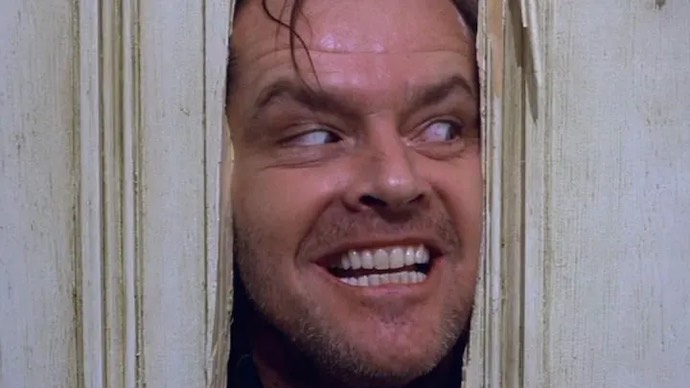
Stanley Kubrick's The Shining isn't a faithful adaptation of Stephen King's famous book. It's more of a retelling, given that the filmmaker changed so much of the book's original material.
Sure, the plot is broadly similar: a family is torn apart by sinister forces when they spend a winter looking after an ominous hotel. That's about it as far as the similarities go.
Using that premise as a starting point, Stanley Kubrick saw an opportunity to create a masterful horror film that relentlessly pushes fear and dread into audiences.
Stephen King famously detested Stanley Kubrick's film adaptation of his novel and hated the director for changing so much of his story—so much so that he wrote and produced his own adaptation of The Shining years later. (That one ended up being a trainwreck.)
To this day, while most of cinema history remembers The Shining as a masterpiece of slow horror, King refuses to acknowledge it.
